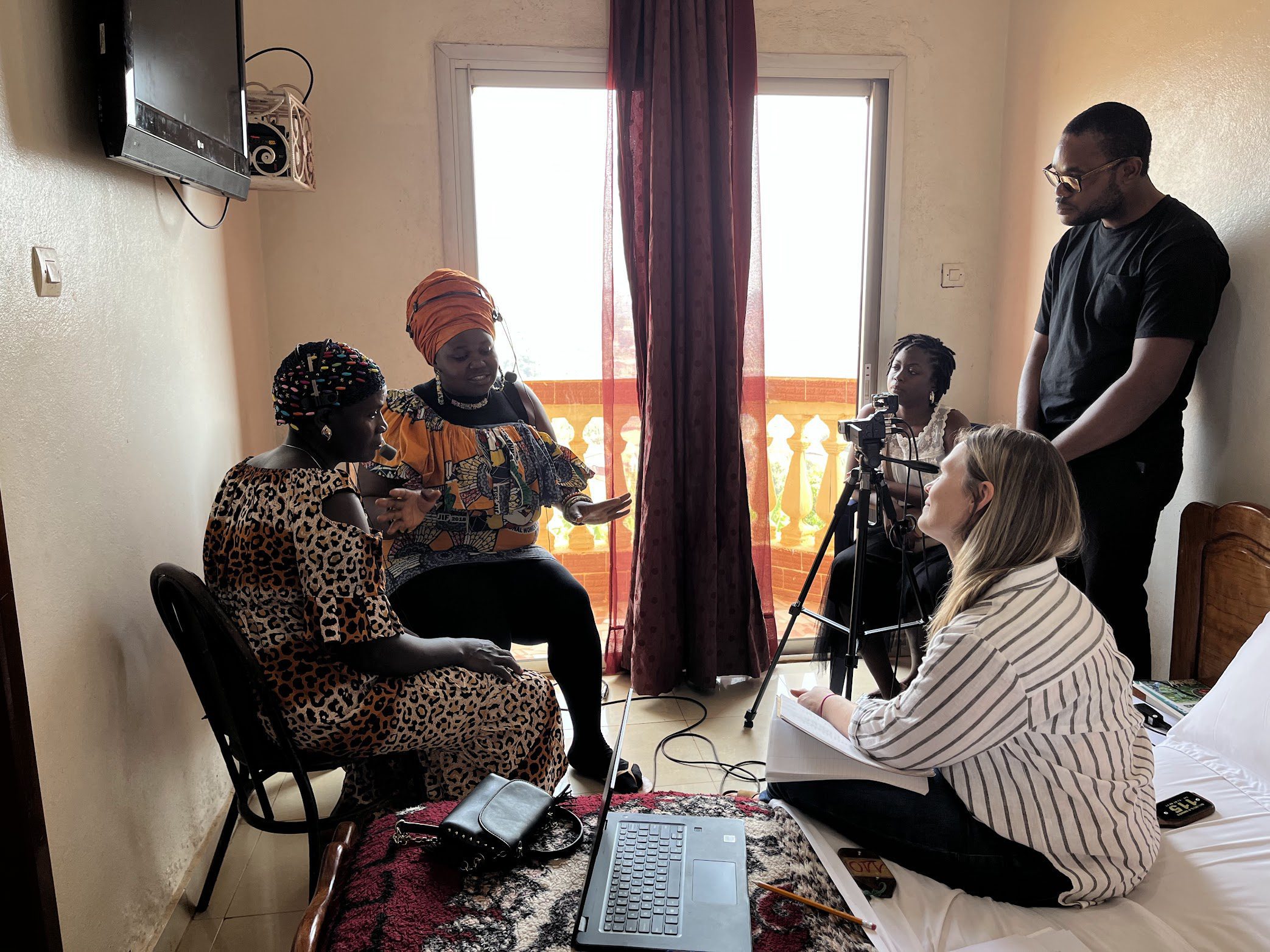
Temporal Coordination as a Hallmark of Metrical Prominence Across Languages
Kathryn Franich, Harvard University
March 27, 2024 · 4:30 pm—6:00 pm · 1-S-5 Green Hall
Program in Linguistics

As our understanding of the factors shaping prosodic aspects of the speech signal grows, there has been growing skepticism about the explanatory role of structural factors such as metrical prominence in conditioning prosodic patterns. In this talk, I argue that such skepticism is misguided and is often rooted in problematic assumptions about the mapping between phonological structure and phonetic patterning. I draw on various types of data—notably, multimodal corpora from two Niger-Congo languages on the relationship between speech and co-speech gesture—to demonstrate that temporal coordination, more than any set of acoustic or articulatory enhancement strategies, is an essential property of metrically-prominent syllables across languages. Furthermore, I argue that metrical prominence asymmetries–though demonstrably helpful to the listener and to the learner–serve an essential role on the part of the speaker in facilitating aspects of language production.
Kathryn Franich is an Assistant Professor in the Department of Linguistics at Harvard University, where she also directs the Harvard PhonLab. In her research, she examines patterns in speech acoustics, articulation, and perception in order to understand how language is structured, how it is used in communication, and how it gets passed on from one generation to the next. Much of her work draws on data from Niger-Congo languages, in particular Medʉmba, a Grassfields Bantu language of Cameroon on which she has been conducting fieldwork since 2010. She is currently working on an NSF-funded grant project titled Speech and Communicative Timing Across Languages and Linguistic Contexts which aims to understand the mechanisms which underlie our ability to time our speech, from the level of the individual articulators (using electromagnetic articulography, for example), to coordination between speech and the body (as with the use of co-speech gesture, which we’ll hear more about today), to coordination with other individuals, as in conversational turn-taking.















